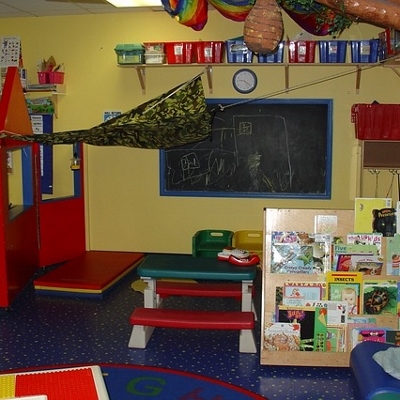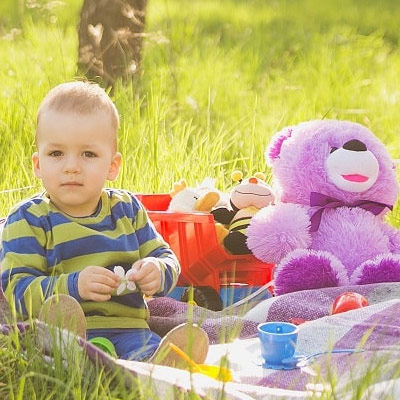 When I was a child (in the early 1980’s), “preschool†was an expensive babysitter. I started school, like most children of my generation, at age 5. Only a few of my classmates had been to preschool, and you could tell exactly who they were right away. They were the ones who were extremely well behaved, participated aloud proudly and seemed to have no fear when it came to anything. I, on the other hand, was terrified of everyone I met. I was just as intelligent and knew my ABC’s. But, I just didn’t seem to understand the rules of school as well as the “seasoned†kids. I learned that lesson when I tried to use the bathroom without permission. What the heck is a hall pass?
When I was a child (in the early 1980’s), “preschool†was an expensive babysitter. I started school, like most children of my generation, at age 5. Only a few of my classmates had been to preschool, and you could tell exactly who they were right away. They were the ones who were extremely well behaved, participated aloud proudly and seemed to have no fear when it came to anything. I, on the other hand, was terrified of everyone I met. I was just as intelligent and knew my ABC’s. But, I just didn’t seem to understand the rules of school as well as the “seasoned†kids. I learned that lesson when I tried to use the bathroom without permission. What the heck is a hall pass?
I had hoped to prevent this type of social disaster of happening to my children by enrolling them in preschool. I had thought, if my children have classroom experience prior to kindergarten, they will have an advantage behaviorally, giving them experience. For my younger two children (a mainstream boy and girl, respectively), it was a breeze. They took to the concept of preschool naturally and blended with the other children beautifully. Unfortunately, the experience was not quite as picture perfect for my eldest child, who later was diagnosed with Asperger’s Syndrome. He was a square peg from day one. He, too, didn’t understand that you have to ask permission to use the bathroom during class time; and when the rule was imposed, it caused a meltdown of epic proportions, and the need for an emergency wardrobe change.
In the past 20 years, there has been an influx of inclusion practices within the public and private schools of the nation to integrate children of physical and/or emotional disability, gifted or otherwise special needs into mainstream classrooms. This has been a huge step towards equality, and it is an attempt to prevent bullying by introducing the concepts of diversity, humanity and mindfulness to children at younger ages.
But for the child with those special needs, the concept of preschool can be both a help, and a hinder. They are who reflect the diversity that is taught, like a subject. You must decide as a parent if you feel your special needs child is emotionally ready for structured school at a younger age.
Yes, it can be very enriching to enroll your special needs child in programs such as Head Start, or other early intervention programs to get them ready for the big school days ahead. However, it is imperative to be involved with activities in the classroom, and most importantly, who is in the class with your child. Make acquaintances with the parents of the children with whom your child interacts to make communicating solutions less stressful. If possible, spend time in your child’s classroom during the first week especially. This will help him transition to spending time away from you, and it will allow you to see what (or whom) could be triggering problems first hand.










